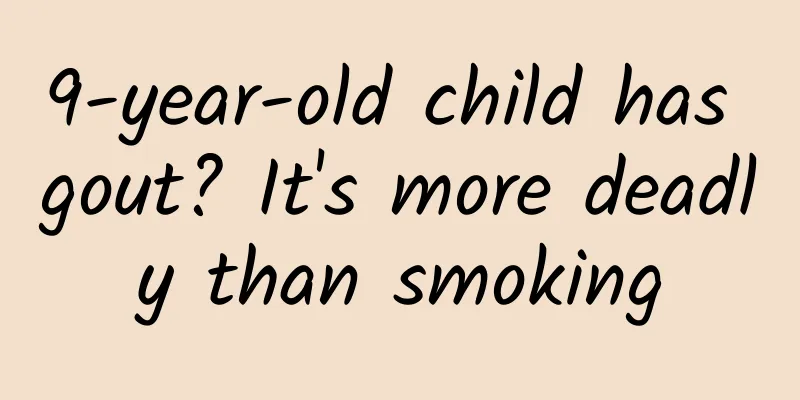Intuit Credit Karma: Survey shows 27% of American consumers are engaging in "doomsday consumption"

|
As the US election progresses, not only are the two presidential candidates worried, but Americans are also very worried. So how do they deal with this worry? Surveys show that "retail therapy" seems to be effective, but their wallets can't bear it. According to a new report from Intuit Credit Karma, about 27% of consumers surveyed said they are "doomsday shopping" - that is, they keep spending money despite concerns about the economy and foreign affairs. As the US election progresses, not only are the two presidential candidates worried, but Americans are also very worried. So how do they deal with this worry? Surveys show that "retail therapy" seems to be effective, but their wallets can't bear it. According to a new report from Intuit Credit Karma, about 27% of consumers surveyed said they are "doomsday shopping" - that is, they keep spending money despite concerns about the economy and foreign affairs. This habit is more common among younger generations, with 37% of Gen Z and 39% of Millennials saying they do this. More than half of Americans surveyed (60%) are worried about the state of the world and the economy, a higher percentage than a year ago. The agency surveyed 1,001 American adults in late October and found that the top concerns of the "doomsdayers" include the cost of living (55%), inflation (43%) and the presidential election (28%). According to the Intuit Credit Karma survey, more than a third (36%) of respondents said they couldn’t justify saving money due to global and economic uncertainty. Among Gen Z and Millennials, that number jumped to 47% and 43%, respectively. Pursuing a sense of control Courtney Alev, the agency's consumer finance advocate, said consumers may be looking for "a sense of control, especially during a time when it feels like a lot of things are out of control." "End of the world spending" has the greatest impact on young people because they happen to be "chronically online," or spend a lot of time on the internet and social media. A Bankrate.com survey last year found that shoppers who made impulse purchases on social media spent an average of $754 a year. To some extent, the impulse is "COVID-born," said Ted Rossman, senior industry analyst at Bankrate. The trend is especially prevalent among younger shoppers, who may feel "the odds are stacked against them," he said. Financial distress "Doomsday spending" could lead to greater financial distress. According to the Federal Reserve Bank of New York, U.S. credit card balances reached $1.14 trillion in the second quarter of 2024. A recent Bankrate survey found that 50% of cardholders had monthly payments on their credit cards as of June. “The percentage that is paid in full is actually the lowest it’s been in four years,” Rossman said. Cardholders are also carrying debt longer. About six in 10 people with credit card debt have been using their cards for at least a year, Bankrate found. “It’s a cycle that’s hard to break,” he added. Election and Holiday Buff The election-related doomsday spending also comes just before the busy holiday shopping season, when about 20% of Americans plan to use their credit cards for purchases, according to Morning Consult. But their wallets are sounding the alarm: About 28% of 2023 holiday shoppers are still paying off last year’s debt, NerdWallet found in a September survey of 2,079 adults. “Gen Z and millennials are seeing the fastest growth in credit card debt,” Alev said. Alev cited Credit Karma member data and said that since the Federal Reserve began raising interest rates in March 2022, credit card balances for Generation Z have increased by 66% and credit card balances for millennials have increased by 52%. The more debt you have, the harder it is to save money, she said. “We’re seeing these two things combined to have a negative impact on the lives of many young consumers,” she added. |
<<: National Retail Federation: Total holiday online shopping sales will grow 8%-9% in 2024
Recommend
A man's "personal bodyguard" is really extraordinary
Alpinia oxyphylla, also known as Alpinia oxyphyll...
What are the functions and effects of Chinese medicine Achyranthes bidentata
Our country's traditional Chinese medicine is...
Black wolfberry price_Black wolfberry price
Wild black wolfberry is a very precious Chinese m...
The efficacy and function of loofah seeds
Do you know what loofah seeds are? It is a kind o...
What is the medicinal value of azalea
Azalea is the most common flower in our lives. It...
The "love flower" described by Jin Yong that "scratched the beauty's face" and caused Yang Guo great suffering...what are these flowers?
The camellia that "scratches the face of a b...
A 52-year-old woman has suffered three fractures in three years. What is the reason? What should you do in winter to be a "hard bone"
My classmate's aunt is 52 years old, looks ve...
The efficacy of Chinese herbal medicine Codonopsis pilosula
Codonopsis pilosula is a traditional Chinese medi...
What is the medicinal value of the king flower?
I don’t know if Queen of the Night is a kind of f...
Where is the fastest growing e-commerce market in the world?
China is by far the world’s largest e-commerce ma...
A mushroom expert ate "involution" mushrooms and died of poisoning?
Although you promised me that you would no longer...
Who are the people suitable for wolfberry?
Everyone is very familiar with wolfberry. In life...
Feet: Don’t tell my mouth, I can taste garlic too!
As the saying goes: If you don't eat garlic, ...
The efficacy and function of orange peel
Orange is a fruit that many people love to eat. T...
What are the effects of Astragalus tablets?
Many people see a lot of medicines in life. Astra...









